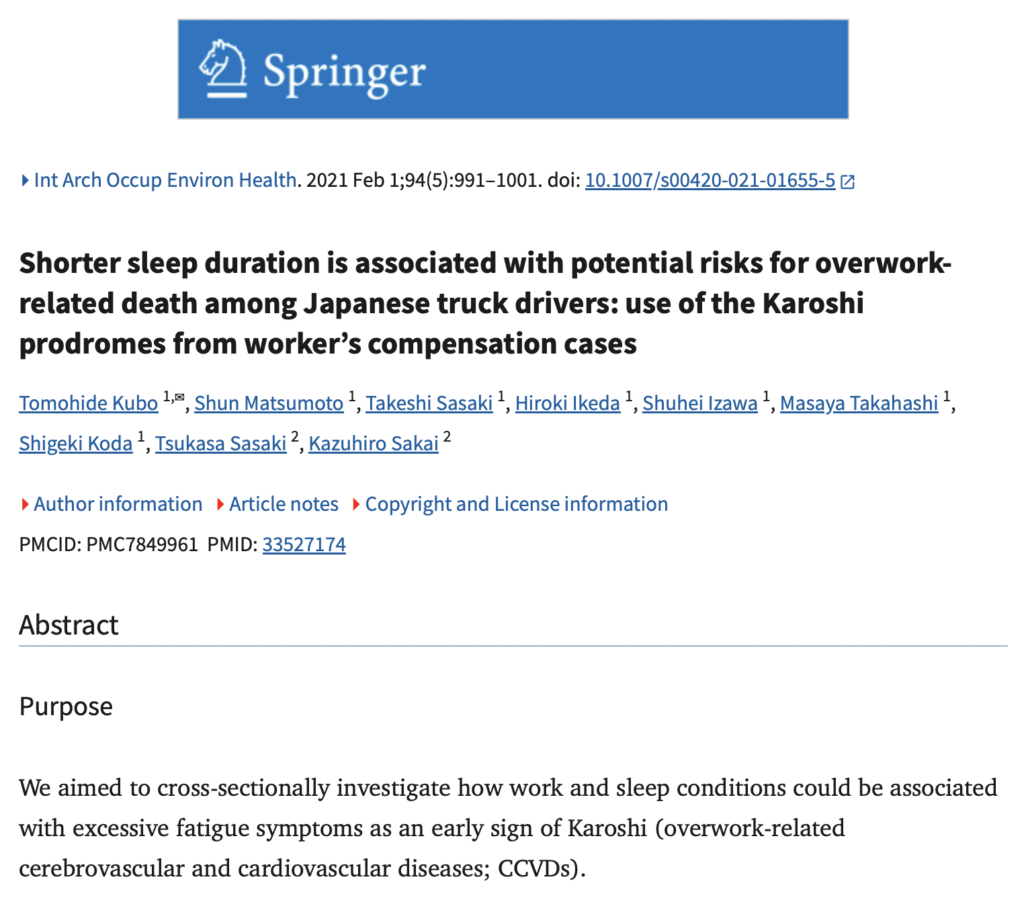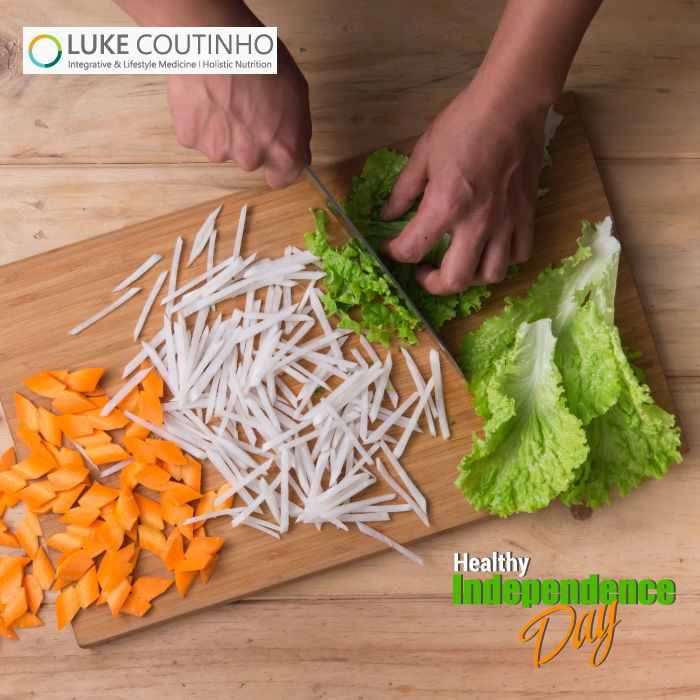5 Sneaky Ways Hidden Sugar Is Wrecking Your Hormones And How to Fight Back
Think about your breakfast this morning; was it a bowl of cereal from a popular brand with a ‘no-added sugar‘ label, a slice of bread with processed cheese, or even a granola bar marketed as ‘healthy‘? These foods might seem like convenient and harmless options. But have you ever taken a closer look at the ingredient list?
Despite claims like ‘no added sugar,’ these products often hide sweeteners under names like inverted sugar, maltodextrin, or sucrofructose. These are sugars in disguise, cleverly camouflaged in your favorite packaged foods. While they might please your taste buds, they quietly disrupt your body’s natural rhythm, particularly your hormones.
It’s time to uncover the hidden truths about sugar in processed foods and understand how they might be sabotaging your hormonal balance.
The Hidden Sugars in Everyday Foods
Processed foods are anything altered from their natural state. It includes canned, packaged, frozen, or made with added preservatives, flavors, or other ingredients to enhance shelf life or taste. While not all processed foods are unhealthy, many contain hidden sugars designed to improve flavor and texture. These sugars are overlooked because they’re disguised under complex names on ingredient lists.
While small amounts of sugar are essential for bodily functions, excess sugar, especially from processed foods, can cause more harm than good.
The reality is that sugar takes many forms, including sucrose (table sugar), fructose (fruit sugar), and glucose. Hidden sugars in processed foods affect your body in the same way as table sugar.

What’s sweet for your mouth can be bitter for your liver, as excess sugar overloads this vital organ and leads to metabolic issues.
Therefore, stay away from the misleading claims, for instance:
- Breakfast cereals: Often marketed as healthy, these can contain sweeteners like maltodextrin, which spikes blood sugar levels.
- Packaged soups: A warm bowl of instant soup may feel comforting but can hide ingredients like high-fructose corn syrup or modified starch.
- Granola bars and yogurt: Even ‘healthy’ snacks may contain sugars disguised as agave nectar or fructose.
Watch how to use food as medicine with insights from my conversation with Dr. William Li.
The Dopamine Trap: Why Sugar Feels Addictive
Each sugary treat gives your brain a dopamine hit, a feel-good neurotransmitter. Over time, your brain starts craving more sugar to achieve the same level of satisfaction, creating a cycle of dependency.
This ‘sugar high’ not only disrupts hormones but also drains your energy and focus in the long run.

How Sugar Impacts Your Body and Hormones
At its core, sugar is a simple carbohydrate. When consumed, your body breaks it down into glucose, which provides energy. It triggers the pancreas to release insulin, the hormone responsible for transporting glucose from your bloodstream to your cells for energy.
While some glucose is used immediately, excess amounts get stored in your liver and muscles as glycogen. When glycogen stores are full, the body converts the surplus into fat. Over time, repeated sugar spikes from processed foods can lead to significant hormonal disruptions, impacting nearly every system in your body.
Let’s know how the hidden sugar can affect your hormones:
- Insulin Resistance: The First Domino
When you consume too much sugar over an extended period, your cells gradually lose their sensitivity to insulin, a condition known as insulin resistance. This means your pancreas must produce even more insulin to manage the same amount of glucose.
Insulin resistance interferes with ghrelin (the hunger hormone) and leptin, creating a feedback loop that increases hunger while decreasing satiety.
Beyond diabetes, insulin resistance is associated with polycystic ovary syndrome (PCOS), obesity, and metabolic syndrome, all of which involve hormonal disruptions.

2. Cortisol Overload: The Stress Hormone Imbalance
Cortisol, commonly known as the stress hormone, is released by the adrenal glands to help your body manage stress. High sugar intake triggers blood sugar spikes followed by rapid drops, sending distress signals to your brain. This causes your body to release cortisol to stabilize blood sugar levels.
Chronic high sugar intake keeps cortisol levels elevated, leading to adrenal fatigue, disrupted sleep patterns, and heightened anxiety. It can weaken your immune system, impair the ability of your body to handle stress and result in central obesity (fat around the abdomen).
3. Disrupted Estrogen and Testosterone Levels
Consuming excessive sugar doesn’t just affect your waistline, it can disrupt your reproductive hormones, estrogen, and testosterone, by contributing to chronic inflammation. This inflammation triggers a cascade of hormonal imbalances and health issues.
One significant concern is the accumulation of visceral fat, a type of fat stored around internal organs. Visceral fat is hormonally active and produces compounds that mimic estrogen. This can throw your natural hormonal balance out of sync, leading to complications.
For Women: Sugar-induced inflammation can:
- Worsen menstrual irregularities.
- Exacerbate conditions like polycystic ovary syndrome (PCOS), a hormonal disorder linked to insulin resistance.
- Contribute to endometriosis, a condition where uterine-like tissue grows outside the uterus, causing pain and fertility issues.
For Men: Excess sugar has been linked to:
- Lower testosterone levels can reduce energy, libido, and muscle mass over time.
- Increased risk of weight gain and associated hormonal disturbances, further affecting overall health and vitality.
Also, read 4 habits that are messing up your testosterone levels.
4. Leptin Resistance: Losing Control Over Appetite
Leptin is the hormone that tells your brain when you’re full. However, a diet high in sugar can lead to leptin resistance, meaning your brain no longer receives the signal that you’ve had enough to eat.
This disruption leaves you constantly feeling hungry, encouraging overeating and weight gain. Chronic overeating contributes to obesity, metabolic syndrome, and further hormonal imbalances. A sugar-laden diet creates a vicious cycle where leptin resistance increases cravings for more sugary foods, perpetuating poor eating habits.
5. Thyroid Dysfunction: Slowing Your Metabolism
The thyroid gland regulates your metabolism by producing hormones like T3 and T4. Sugar-induced inflammation can suppress thyroid function, impacting the conversion of T4 (inactive hormone) to T3 (active hormone).
A sluggish thyroid slows down metabolism, making it difficult to lose weight and maintain energy levels. This dysfunction may manifest as hypothyroidism, characterized by fatigue, mood swings, and difficulty concentrating (brain fog). Sugar not only slows thyroid function but also indirectly worsens conditions like insulin resistance and cortisol imbalance, creating a ripple effect throughout your endocrine system.
Do you know Singapore has taken proactive measures to combat the growing impact of hidden sugars?
One standout initiative is the Nutri-Grade labeling system, which categorizes beverages into four grades; Grade A, B, C, and D, based on their sugar and saturated fat content.
- Grade A: The healthiest choice, with the lowest sugar and saturated fat levels.
- Grade B: A moderately healthy option, with slightly higher sugar or fat levels than Grade A.
- Grade C: Beverages with significant sugar and fat content, requiring conscious moderation.
- Grade D: The least healthy category, containing the highest levels of sugar and saturated fat.
This labeling system empowers consumers by providing clear and accessible information, helping them make informed beverage choices. Imagine scanning the shelves and instantly identifying the healthiest option, this is the kind of transparency we need worldwide.
What About India?
India, too, is beginning to recognize the urgent need to regulate sugar in processed foods. With alarming rates of obesity, diabetes, and metabolic disorders, sugar consumption has become a major public health concern.
The government is exploring strategies such as:
- Clearer Labeling Standards: Plans to introduce mandatory front-of-pack labeling highlighting sugar content in packaged foods.
- Awareness Campaigns: Health organizations are advocating for widespread education to help consumers identify hidden sugars and make better dietary choices.
- Policy Interventions: Experts suggest tighter regulations on sugar levels in processed foods, similar to Singapore’s Nutri-Grade system.

These initiatives underscore the importance of reducing hidden sugar intake to combat lifestyle-related diseases. However, widespread success will require a collective effort from policymakers, food manufacturers, and consumers.
By becoming aware of these efforts and actively supporting healthier choices, you can be part of a movement that prioritizes long-term health over short-term convenience.
Sign this petition today to be a part of our drive for safer, better packaging for all meals!
Take Control to Cut Hidden Sugars
Hidden sugars don’t have to derail your health. You can significantly reduce sugar intake by making intentional choices and staying informed. Read on to learn how:
- Read Ingredient Labels: Learn to spot hidden sugars masquerading under names like maltodextrin, high-fructose corn syrup, and sucrose. Avoid products with long ingredient lists, especially those with unfamiliar terms. Opt for whole, unprocessed foods. For sweetness, try fresh fruit or dates.
- Prepare Your Meals: Cooking at home allows you to control ingredients and avoid sneaky sweeteners often found in prepackaged foods. Instead of store-bought sauces and dressings, make your own using ingredients like olive oil, lemon juice, herbs, and spices. Bonus: it’s more cost-effective and healthier!
- Opt for Water Over Packaged Drinks: Ditch sugary sodas, flavored waters, and packaged juices. Instead, infuse water with fresh fruits like lemon, berries, or cucumber for flavor without sugar. Unsweetened herbal teas are another great option.
- Balance Your Plate and Choose Whole Food: Include fiber, healthy fats, and protein in your meals. These components slow sugar absorption, stabilize blood sugar levels, and keep you feeling full longer. Replace refined carbs like white bread with whole grains (quinoa, oats) and pair them with avocado, nuts, seeds, or lean proteins.

Reducing hidden sugars isn’t about depriving yourself but reclaiming control over your health.
Also, watch my conversation with Ashwin Bhadri, the Founder & CEO of Equinox Labs, and a National Resource Person at the Food Safety and Standards Authority of India (FSSAI).
Disclaimer: This blog is just for informative purposes, even though every attempt has been made to present accurate and current material. It is not meant to be dietary or medical advice. For personalized advice, readers are urged to speak with medical professionals.
A healthier lifestyle begins with taking proactive steps toward your well-being.
Join our Preventive Care Programs to make informed food choices and prioritize your health.
Schedule a one-on-one consultation with our experts by calling us at 1800 102 0253 or emailing us at consults@lukecoutinho.com.
|
From a pimple to cancer, our You Care Wellness Program helps you find a way Talk to our integrative team of experts today 18001020253 |










Leave a Reply